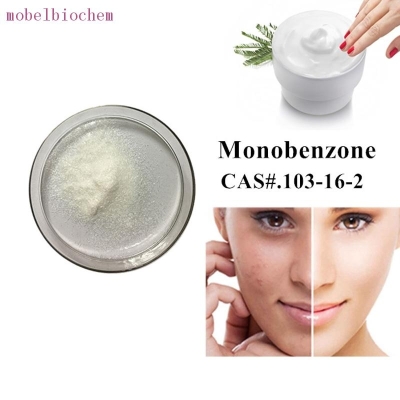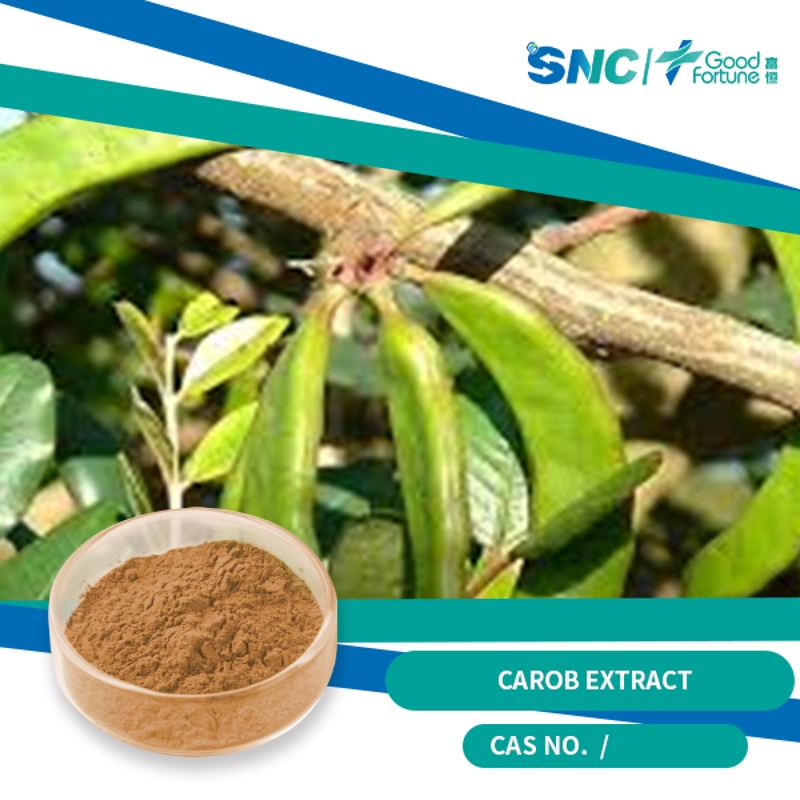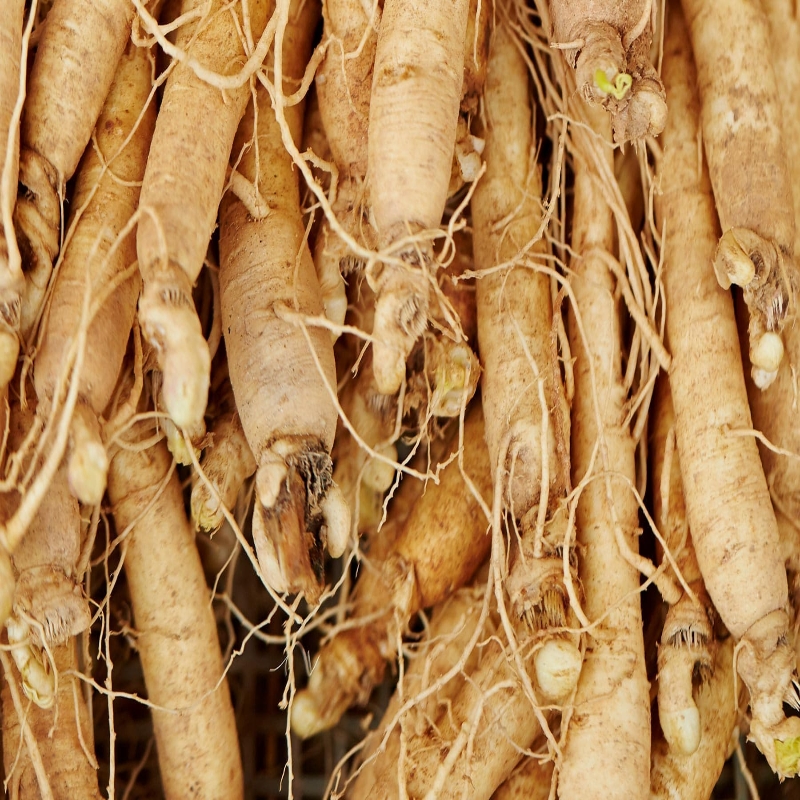Effect of mulberry leaf extract on lipid metabolism in MSG obese rats and its mechanism
-
Last Update: 2016-04-20
-
Source: Internet
-
Author: User
Search more information of high quality chemicals, good prices and reliable suppliers, visit
www.echemi.com
Recently, researchers from the Institute of traditional Chinese medicine of Tianjin University of traditional Chinese Medicine published a paper to study the mechanism of mulberry leaves on lipid metabolism of obese rats induced by L-glutamate (MSG) It was pointed out that mulberry leaves could improve the lipid metabolism disorder of MSG obese rats by activating PPAR α receptor and regulating fatty acid oxidation process This paper was published in the 14th issue of Chinese Journal of experimental pharmacology in 2015 The model of MSG obese rats was established by subcutaneous injection of 4 g · kg-1 · d-1l-glutamate for 7 days The rats were randomly divided into model group, rosiglitazone group (5 mg · kg-1 · D-1), fenofibrate group (100 mg · kg-1 · D-1), mulberry leaf total polysaccharide high and low dose group (625312.5 mg · kg-1 · D-1), total flavone high and low dose group (80, 40 mg · kg-1 · D-1), total alkaloid high and low dose group (5000, 2500 mg · kg-1 · D-1), totally 9 groups; another 8 rats were taken from normal group, half male and half female, and Ig was given every morning After 8 weeks of continuous administration, total cholesterol (TC), triglyceride (TG) and free fatty acid (NEFA) in serum, liver and skeletal muscle of MSG rats were detected respectively The gene expression levels of peroxisome proliferator activated receptor α (PPAR α), carnitine palmitoyltransferase-i (CPT Ⅰ) and acyl CoA oxidase (acox1) in liver and skeletal muscle were detected by real-time quantitative PCR The results showed that compared with the normal group, the lipid level in serum, liver and muscle of the model group increased significantly (P < 0.01), the relative expression of PPAR α, CPT Ⅰ and acox1 in liver and skeletal muscle decreased significantly (P < 0.01, P < 0.05); compared with the model group, each administration group had a certain regulatory effect on the content of TC and TG in serum, liver and skeletal muscle of the MSG rats (P < 0.01, P < 0.05)< In addition, it can also reduce the free fatty acids in serum The relative expression of PPAR α, CPT Ⅰ and acox1 in liver and skeletal muscle of MSG rats were all up-regulated by mulberry leaf extract (P < 0.01, P < 0.05).
This article is an English version of an article which is originally in the Chinese language on echemi.com and is provided for information purposes only.
This website makes no representation or warranty of any kind, either expressed or implied, as to the accuracy, completeness ownership or reliability of
the article or any translations thereof. If you have any concerns or complaints relating to the article, please send an email, providing a detailed
description of the concern or complaint, to
service@echemi.com. A staff member will contact you within 5 working days. Once verified, infringing content
will be removed immediately.







